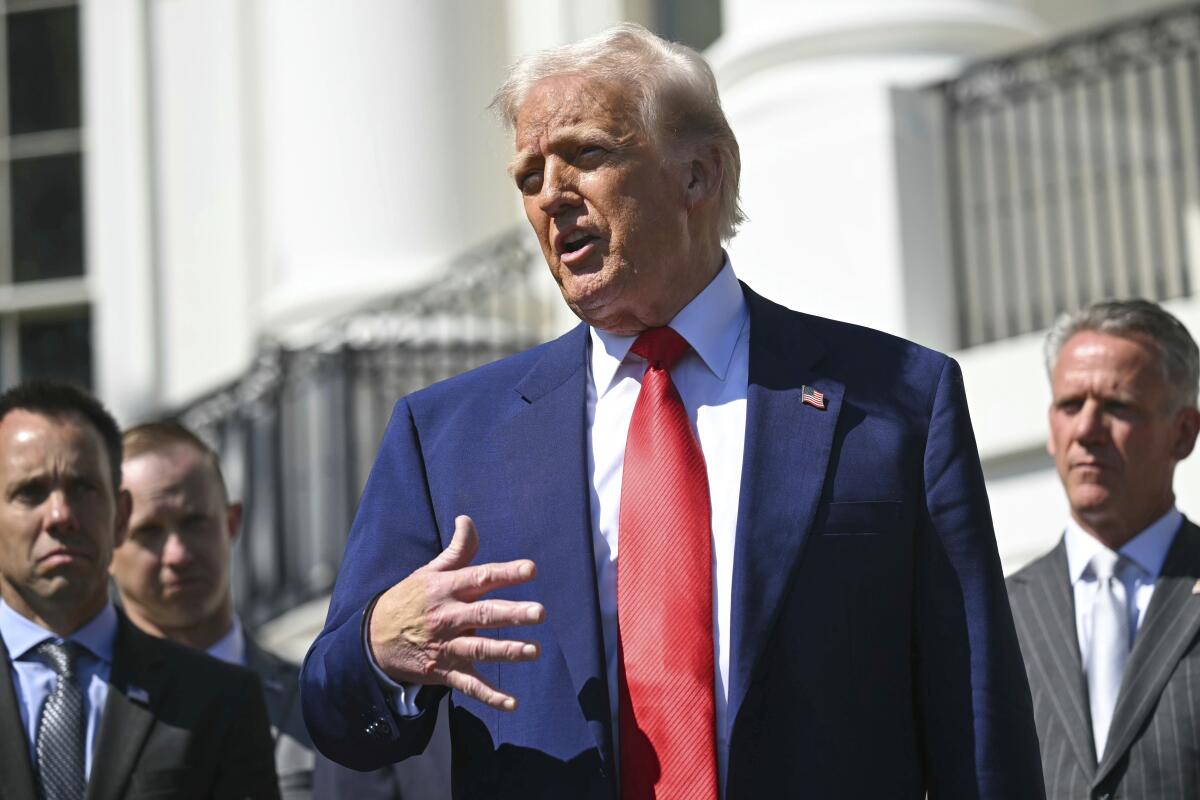Executive Summary
- California legislators are initiating efforts to combat the state's high cost of living through the formation of select committees and introduction of new bills.
- A recent poll reveals increasing pessimism among California voters regarding their financial well-being, influenced by economic policies and partisan divisions.
- Proposed solutions, particularly in housing, face skepticism regarding their ability to significantly alleviate the state's affordability crisis.
Event Overview
California is facing a significant affordability crisis, with rising costs of living, particularly in housing, fuel, and child care. In response, state lawmakers have initiated efforts to address these issues through the formation of select committees and the introduction of various legislative proposals. These efforts aim to ease restrictions on housing construction, reduce energy costs, and provide financial relief to residents. However, voter sentiment reflects growing pessimism regarding their financial future, influenced by economic policies and political divisions. The effectiveness and potential impact of these legislative endeavors are being closely scrutinized amidst skepticism regarding their ability to deliver tangible improvements.
Media Coverage Comparison
| Source | Key Angle / Focus | Unique Details Mentioned | Tone |
|---|---|---|---|
| CalMatters | Legislative efforts to address affordability and the slow pace of progress. | Details the specific areas select committees will focus on: child care, food affordability, housing financing, and the Low Carbon Fuel Standard. Mentions that prices are rising rapidly due to President Trump's tariff policies. | Critical and analytical, questioning the urgency and potential effectiveness of the proposed measures. |
| California Chamber of Commerce | Highlighting 'Cost Cutter' bills moving through the legislature to reduce expenses for Californians. | Provides a list of specific bills (AB and SB numbers) and their aims, such as film tax credits, expediting housing construction, CEQA reform, and small business recovery acts. | Positive and supportive, emphasizing the potential benefits of the highlighted bills. |
| Los Angeles Times | Voter pessimism regarding financial well-being despite legislative efforts to address the cost of living. | Presents poll data showing nearly half of California voters feel worse off economically and 54% are less hopeful about their financial future. Attributes shifts in voter sentiment to partisan allegiance after Trump's election. Discusses the impact of inflation on wages and expenses. | Concerned and analytical, highlighting the disconnect between legislative action and voter perception. |
Key Details & Data Points
- What: California's legislature is attempting to address the state's high cost of living through select committees and new legislation. Voters are increasingly pessimistic about their financial future.
- Who: Key individuals include Assembly Speaker Robert Rivas, Senate President Pro Tem Mike McGuire, Governor Gavin Newsom, and President Donald Trump. Organizations involved include the California Legislature, UC Berkeley Institute of Governmental Studies, and various advocacy groups.
- When: The legislative session began in December 2024. The UC Berkeley IGS poll was conducted in April 2025. The deadline for bills to move from policy to fiscal committees was May 2nd.
- Where: The focus is on California, specifically the state legislature in Sacramento and the economic conditions affecting residents statewide.
Key Statistics:
- Key statistic 1: Nearly half of California voters feel worse off economically than last year (UC Berkeley IGS poll)
- Key statistic 2: 54% of California voters felt less hopeful about their financial well-being (UC Berkeley IGS poll)
- Key statistic 3: Rent in California is 50% higher than the national median (U.S. Census data)
Analysis & Context
The California legislature's attempts to address the high cost of living are met with significant challenges. Voter pessimism, fueled by economic factors and partisan divisions, creates a difficult environment for enacting meaningful change. While some legislative proposals aim to streamline housing construction and reduce energy costs, skepticism remains regarding their ability to substantially alleviate the affordability crisis. The contrasting tones of the reporting, from critical analysis to optimistic support, highlight the complexities and differing perspectives surrounding these efforts. The potential impact of Trump's tariff policies adds another layer of uncertainty to the economic outlook.
Notable Quotes
Our task this session is urgent and clear. We must chart a new path forward. And it begins by focusing on affordability.
Putting together a committee that comes together months from now that won’t even do anything until the following year does not seem to me that [lawmakers] are treating it with real urgency.
Californians don’t need more government committees, they need real action that cuts their costs. Legislative Democrats have spent decades making our state unaffordable.
Conclusion
California faces a complex challenge in addressing its high cost of living. Legislative efforts are underway, but voter pessimism and political divisions pose significant obstacles. The effectiveness of proposed solutions, particularly in housing, remains uncertain. Addressing the affordability crisis will require comprehensive strategies and a willingness to bridge partisan divides to enact meaningful change and restore voter confidence.
Disclaimer: This article was generated by an AI system that synthesizes information from multiple news sources. While efforts are made to ensure accuracy and objectivity, reporting nuances, potential biases, or errors from original sources may be reflected. The information presented here is for informational purposes and should be verified with primary sources, especially for critical decisions.









